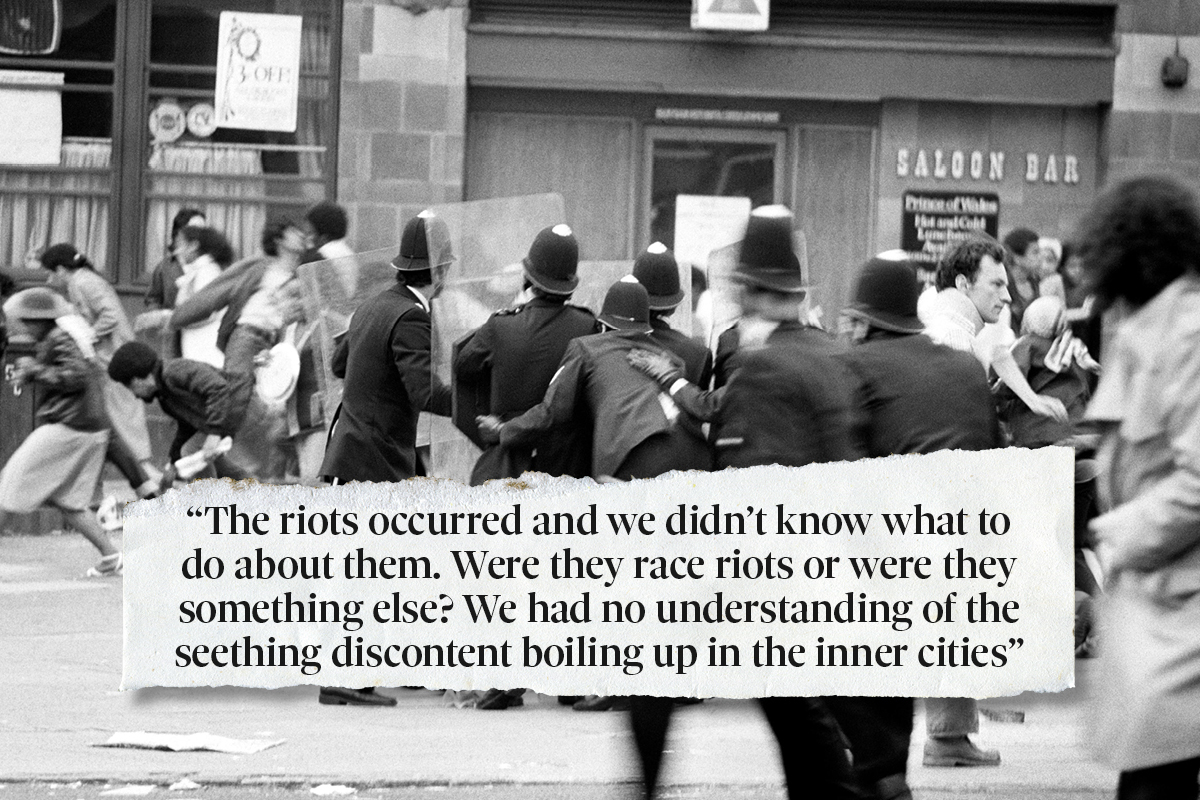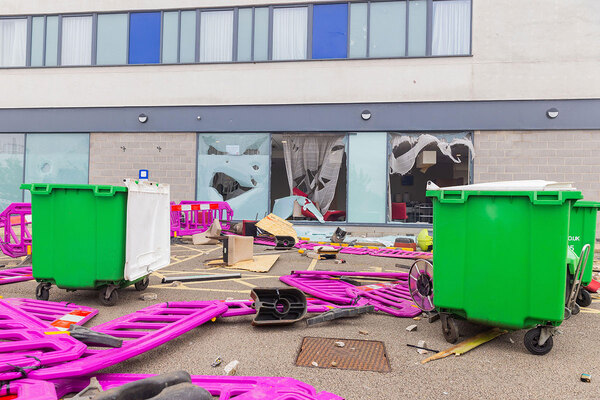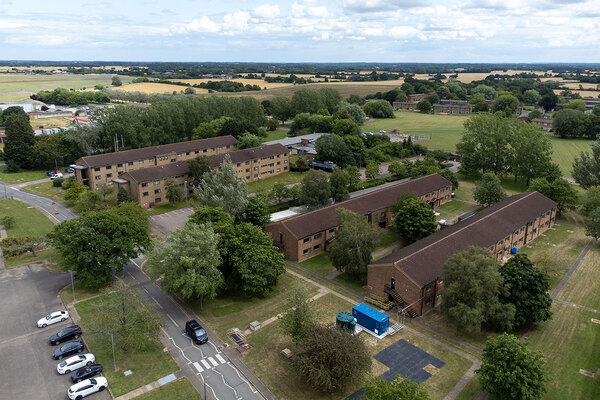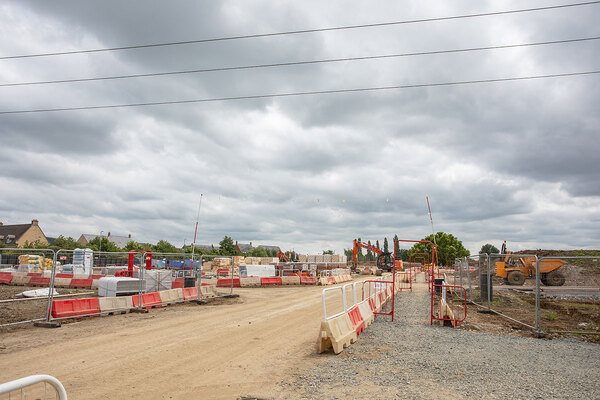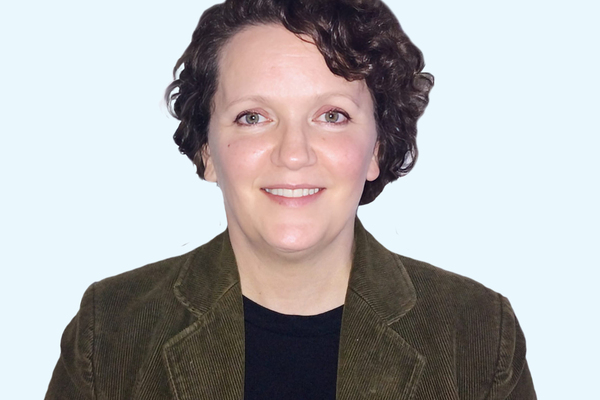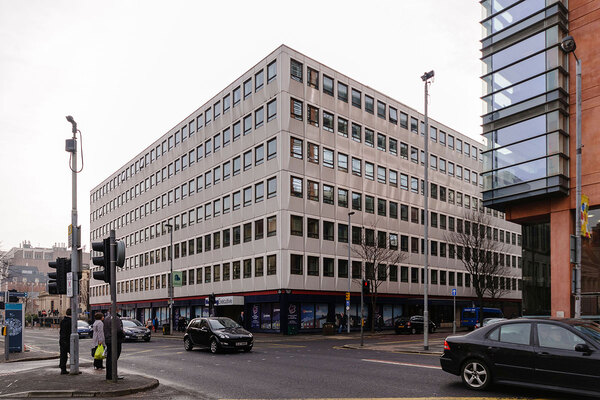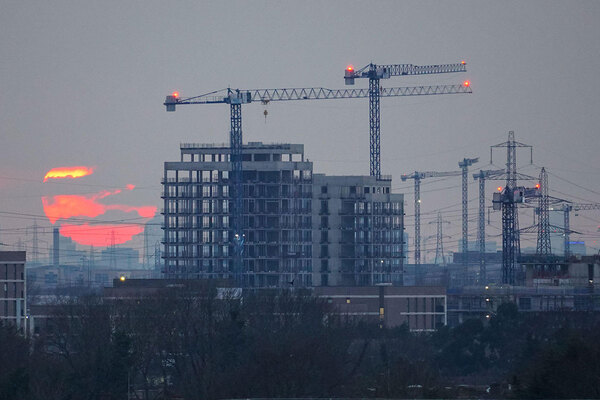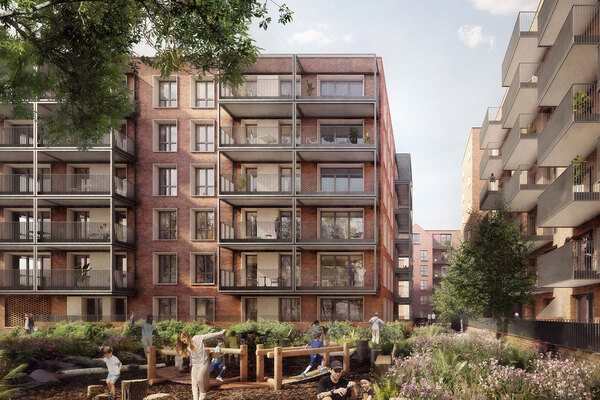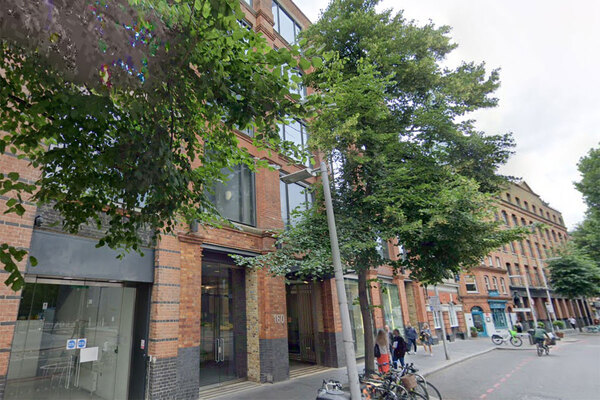How the Housing Diversity Network believes the sector can prepare for race riots
Housing organisations play a central role in community cohesion in the face of far-right violence, writes Mushtaq Khan, chief executive of the Housing Diversity Network
Last month, the far-right hijacked a tragedy – an unspeakable event that stoked fear in everyone. Across Europe this is the modus operandi of extremists – exploit events to their own racist and Islamophobic ends with a view to gaining a foothold in our communities.
Sadly, I have little doubt that ‘trigger’ events like this will happen in the future, and it is vital that housing organisations work on their immediate and long-term plans to prevent racists sowing division and discord in our neighbourhoods.
While the riots were still going on, the Housing Diversity Network published a 14-point plan to provide a framework to help the sector respond. We emphasised prevention, community cohesion and swift action.
In the event of future riots, housing organisations should have a rapid-response plan in place. Partnerships are key, and we know that the organisations on the frontline of recent events worked closely with local authorities, police and the emergency services to protect residents and property.
“The sector should prioritise education and training for all staff on cultural competence and anti-discrimination, ensuring they understand the dynamics of racism and Islamophobia”
In terms of prevention, we believe the sector should prioritise education and training for all staff on cultural competence and anti-discrimination, ensuring they understand the dynamics of racism and Islamophobia. This includes equipping them to support victims of hate crimes and fostering inclusive neighbourhoods.
Second, there must be a clear zero-tolerance policy against racism and Islamophobia, with well-publicised reporting mechanisms. Housing organisations should actively encourage residents to report incidents and ensure swift, transparent action against perpetrators.
Community engagement is another vital aspect. Housing organisations should work closely with local community leaders, faith groups and residents to build trust and foster dialogue. This collaboration can help identify potential tensions early and promote understanding across different communities.
Community cohesion is also back. A term coined after the riots in Northern towns in 2001 with a view to bringing communities together has never been more relevant. We believe that to prevent isolation and segregation, housing policies should promote mixed, diverse communities. New housing developments, for example, should encourage interaction and cohesion among different cultural and religious groups.
“New housing developments, for example, should encourage interaction and cohesion among different cultural and religious groups”
Finally, board and executive leadership are crucial. Notably, I spent much of an equality and diversity session with the board of Berneslai Homes in mid-July talking about the threat posed by the far-right. Two weeks later we had an attack on a hotel housing asylum seekers on the Barnsley/Rotherham border. An equality and diversity strategy which the board can monitor, which includes community cohesion activities, is crucial.
We must ensure that the housing sector remains resilient and responsive to the challenges of racism and Islamophobia, with our goal of fostering safer and more inclusive communities at the centre of what we do.
Mushtaq Khan, chief executive, Housing Diversity Network
Sign up for our daily newsletter
Already have an account? Click here to manage your newsletters


